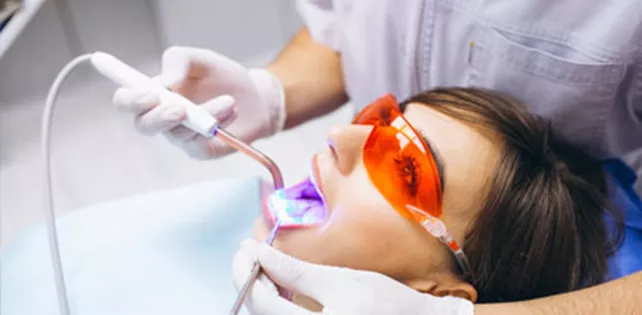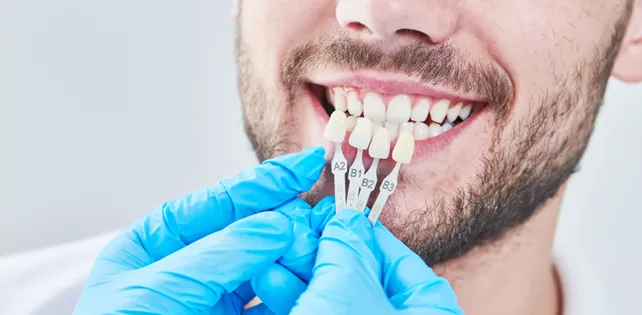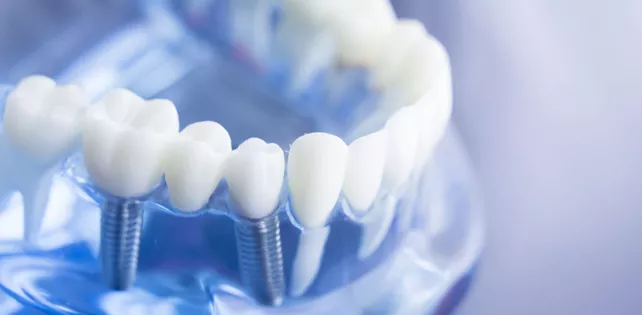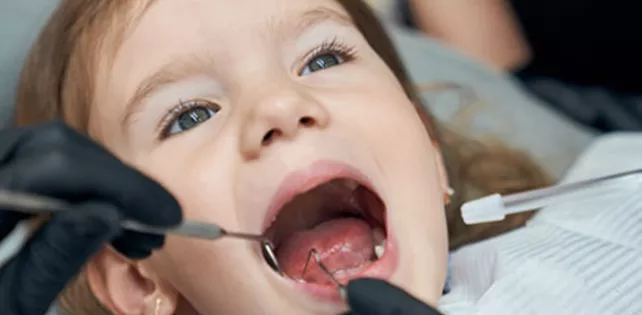How Does Carious Tooth Pain Pass? Causes, Treatment, and Relief
Carious tooth pain is a common yet distressing experience for many people worldwide. It arises primarily due to dental caries, a progressive decay of the tooth structure caused by bacteria. This pain can range from mild sensitivity to severe, throbbing toothache that interferes with daily life. Understanding how carious tooth pain passes involves knowing the causes, symptoms, treatment options, and preventive measures. This comprehensive article explores these facets in detail to help you manage and alleviate your tooth pain effectively.
What Causes Carious Tooth Pain?
The main cause of carious tooth pain is dental caries, commonly known as tooth decay or cavities. Caries develop when the enamel—the hard, protective outer layer of the tooth—is damaged by acids produced by bacteria feeding on sugars in the mouth. Over time, this decay can penetrate deeper layers, reaching the dentin and eventually the pulp, where nerves and blood vessels reside.
- Bacterial Activity: Harmful bacteria such as Streptococcus mutans break down sugar and produce acid that erodes enamel.
- Diet: Frequent consumption of sugary or acidic foods and drinks accelerates decay.
- Poor Oral Hygiene: Inadequate brushing and flossing allow plaque buildup, which houses bacteria.
- Dry Mouth: Reduced saliva, which normally neutralizes acids, increases risk.
- Other Factors: Genetics, existing dental work, and medical conditions can influence susceptibility.
Symptoms of Carious Tooth Pain
The symptoms of carious tooth pain can vary depending on the extent of decay and nerve involvement. Common signs include:
- Tooth Sensitivity: Sharp pain when consuming hot, cold, sweet, or acidic foods and drinks.
- Intermittent or Persistent Toothache: Pain that may come and go or be constant, ranging from mild to severe.
- Pain on Biting: Discomfort or sharp pain when chewing or biting down.
- Visible Holes or Discoloration: Noticeable pits or dark spots on teeth.
- Swelling or Bad Taste: In advanced cases, swelling of gums or bad taste due to infection.
How Does Carious Tooth Pain Pass? Natural Progression and Relief
Carious tooth pain generally passes or lessens only when the underlying cause—dental decay—is treated or managed. Here is how the pain typically evolves and what influences its passing:
1. Initial Sensitivity and Mild Pain
At the early stages of tooth decay, the enamel is softened or demineralized but not deeply damaged. Pain may manifest as brief sensitivity triggered by temperature or sweet foods. This discomfort often passes quickly once the trigger is removed, but the tooth is still vulnerable.
2. Pain Worsens as Decay Progresses
If untreated, decay breaches the enamel and reaches the dentin, where nerve endings are more exposed. Pain can become sharper, last longer, and occur spontaneously. During this stage, the pain does not simply pass on its own but worsens with time, especially with eating or drinking.
3. Deep Decay and Pulp Involvement
When decay reaches the dental pulp (the nerve-rich core), severe pain occurs due to inflammation and possible infection. At this point, the pain is persistent, throbbing, and may disrupt sleep or daily activities. The pain rarely passes naturally; instead, it requires urgent dental treatment.
4. Nerve Death and Temporary Pain Relief
In some advanced cases, the infected pulp tissue dies (necrosis), which can temporarily stop pain. However, this does not mean the problem is resolved. The dead tissue can cause abscess formation, swelling, and further complications requiring treatment.
Treatment Options to Stop Carious Tooth Pain
The definitive way to make carious tooth pain pass permanently is through appropriate dental treatment. The options vary depending on the decay’s severity:
Dental Filling
For small to moderate cavities, the dentist removes decayed tissue and fills the cavity with materials like composite resin or amalgam. This stops the decay progression and alleviates pain by sealing exposed nerves.
Root Canal Treatment
If the pulp is infected or inflamed, root canal therapy removes the damaged tissue, cleans the canals, and seals them. This procedure eliminates pain and infection, allowing the tooth to be saved.
Tooth Extraction
In severe cases where the tooth cannot be restored, extraction is necessary to remove the source of pain and prevent further complications.
Temporary Pain Relief Measures
- Over-the-counter Painkillers: Medications like ibuprofen or acetaminophen reduce pain and inflammation temporarily.
- Saltwater Rinse: Helps reduce bacterial load and soothe inflamed gums.
- Avoiding Triggers: Steering clear of very hot, cold, or sweet foods can minimize irritation.
- Cold Compress: Applying a cold pack to the cheek can relieve pain and swelling.
When to See a Dentist
If you experience tooth pain that persists for more than a day, worsens, or is accompanied by swelling, fever, or difficulty eating, seek dental care immediately. Early intervention prevents complications and stops pain quickly.
Preventing Carious Tooth Pain
Prevention is key to avoiding carious tooth pain. Effective strategies include:
- Maintain Good Oral Hygiene: Brush twice daily with fluoride toothpaste and floss regularly.
- Limit Sugar Intake: Reduce consumption of sugary snacks and drinks.
- Regular Dental Check-ups: Visit your dentist at least twice a year for cleanings and early decay detection.
- Use Dental Sealants: Protective coatings on molars can prevent cavities in children and adults.
- Drink Plenty of Water: Helps wash away food particles and supports saliva production.
- Chew Sugar-Free Gum: Stimulates saliva, which neutralizes acids.
Understanding the Importance of Timely Treatment
Delaying dental treatment for carious tooth pain allows the decay to progress, increasing the risk of infection, abscesses, and tooth loss. Not only does this worsen pain, but it also leads to more complex and costly dental procedures. Prompt care helps preserve natural teeth and overall oral health.
Myths and Facts About Carious Tooth Pain
There are common misconceptions about tooth decay and pain that may delay proper treatment:
- Myth: “If the pain stops, the tooth is healed.”
Fact: Pain can temporarily stop if the nerve dies, but infection and damage continue. - Myth: “Only sugar causes cavities.”
Fact: While sugar fuels bacteria, poor hygiene and other factors also contribute. - Myth: “Brushing harder prevents cavities.”
Fact: Aggressive brushing can harm gums and teeth; gentle, thorough brushing is best.











